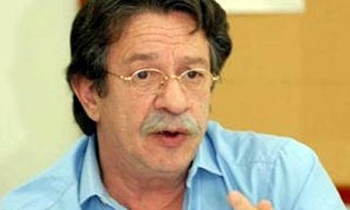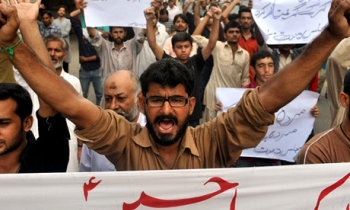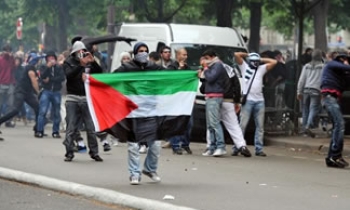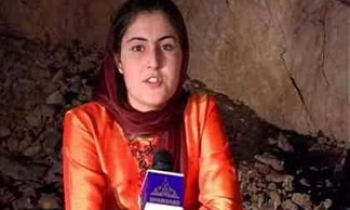The Roh Moo-hyun administration has decided to take disciplinary measures against South Korean journalists and their companies that do not abide by the "news embargoes'' set by government offices. The Government Information Agency (GIA) Tuesday unveiled a plan to implement it as early as next month, the Korea Times reported.
Journalists who violate embargoes would be banned from interviewing public officials for a certain period. The government will also stop offering press releases to their companies. Journalists who fail to participate in at least one of five news briefings a week hosted by a ministry would be banned from visiting the government office.

Journalists will not be allowed to be stationed in government offices and will be offered temporary press cards to attend news briefings. The government will also communicate with the media only through press releases and official briefings. Most government offices will be off-limits for reporters. Each ministry will gather questions from reporters in advance.
In June, President Roh Moo-hyun had said that almost all newspapers were criticising him with malicious intent. The government has already decided to close most pressrooms in ministry offices and consolidate them into a few briefing rooms.
The plan has met with fierce criticism from journalists and political rivals who are viewing the move as an attempt to gag news outlets critical of the administration ahead of December's presidential election.
The Korea News Editors Association (KNEA) said, "The government should immediately give up its attempt to control the media in the way of the Fifth Republic (a reference to the government of Chun Doo-hwan). We understand that the government is working out a prime ministerial directive which will set up a new government office to decide on giving off-the-record briefings and setting news embargoes, and which will ban journalists who fail to attend at least one of five news briefings a week hosted by a ministry from visiting the government office.”
KNE said, "A news embargo is purely a gentleman's agreement based on mutual trust between news sources and reporters. But the government wishes to decide on this arbitrarily and take disciplinary action against journalists and their companies unless they abide by government guidelines. This is an autocratic idea aimed at determining when media companies should report specific issues."

The Chosun remarked, "It is ludicrous that the government seeks to bar certain reporters from government briefing rooms for low attendance. The government is apparently unaware that reporters are shunning many ministry briefings because they are just meaningless events to publicise the achievements of ministers or vice-ministers."
The Korea Times wrote, "Roh and his staff should realise that the press guidelines are none other than draconian guidelines enforced by the dictatorial military regime of former President Chun Doo-hwan in the 1980s. We urge them to immediately drop their plan and give up their attempts to control the press. They should respect democratic values and principles. The freedom of the press and free speech are essential to any democracy."
GIA tried to allay fears, "We will make sure that no government offices set news embargoes arbitrarily. To assure fairness, it will not be individual government offices but a council of government offices, consisting of public relations officers from each government office who will discuss what disadvantages individual journalists and their companies should face as a result of the news embargo."









